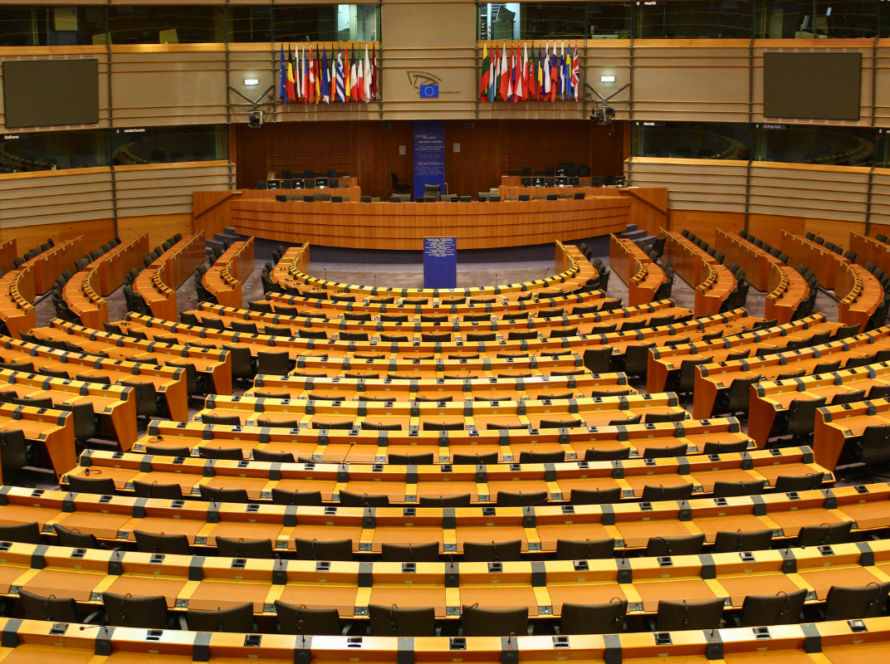Deadlock situation a lack of business activities result in the liquidation of a company even if the shareholders meeting...

Deadlock situation a lack of business activities result in the liquidation of a company even if the shareholders meeting is formally functioning and able to approve financial statements.
In a more than groundbreaking decision, the Court of Appeals of Milan, ascertained the existence of the causes for the dissolution and liquidation of a Joint Stock Company on the grounds provided by Art. 2484, paragraph I, c.c. points 2 (impossibility of achieving the corporate purpose) and 3 (impossibility of functioning of the shareholders’ meeting), although in the presence of a formally still functioning shareholders’ meeting, such that it had approved the Company’s various financial statements.
In details, after a complaint filed by one of the directors, the Court of Appeals of Milan reformed a decision of the Business Court of Milan, which had denied the existence of the grounds for dissolution on the following grounds:
- on the one hand, the company’s object appeared to be very broad, with large areas of activity remaining unaffected by a three-year non-compete agreement to which the Company had bound itself, it being understood that, in the event of loss of business continuity, according to the Court, the directors could have taken action, pursuant to Article 2086 of the Italian Civil Code, for the adoption of one of the instruments provided by the legal system for overcoming the business “crisis.”
- on the other hand, the regular approval of the financial statements for the year would have ruled out a deadlock at the shareholders’ meeting, and possibly disagreements between Category A and Category B shareholders could have been resolved through litigation.
According to the Court of Appeals, on the other hand, a more detailed assessment needs to be carried out, taking into account the concrete circumstances, holding that an assessment made in the abstract and disregarding the Company’s actual operating, economic-financial and production environment is not acceptable.
These substantial factors, which show that the Company has been operating in a context of deadlock and lack of concrete prospects for conducting business or repositioning itself in the market, were identified by the Court of Appeals in the following circumstances:
- a condition of “cross vetoes” (both at the level of the board of directors and at the shareholders’ meeting, which entailed both the impossibility of planning a business activity, and – conversely – putting the company into dissolution, although in the presence of a management – in fact – already liquidated;
- the inability of the board of directors to come up with programmatic lines of corporate development and a new business plan;
- the inability of the shareholders’ meeting to make the decisions necessary to enable the company’s business to be conducted, in the face of a high conflict of interest among shareholders holding different classes of shares;
- the approval of financial statements with the characteristics of a “liquidation balance sheet,” with zero revenues and significant costs for services referable to the remuneration of the board of directors, although not operating at the managerial level, legal and notary advice and administrative and tax advice, as well as compensation of the board of auditors.
In this context, in the opinion of the Court of Appeals of Milan, the economic-financial situation of the Company appeared crystallized and not reversible, even though – in the absence of a business “crisis” – the instruments provided by the Italian Crisis Code could not be activated. For these reasons, the Court of Appeals declared the dissolution of the Company and appointed a liquidator.






